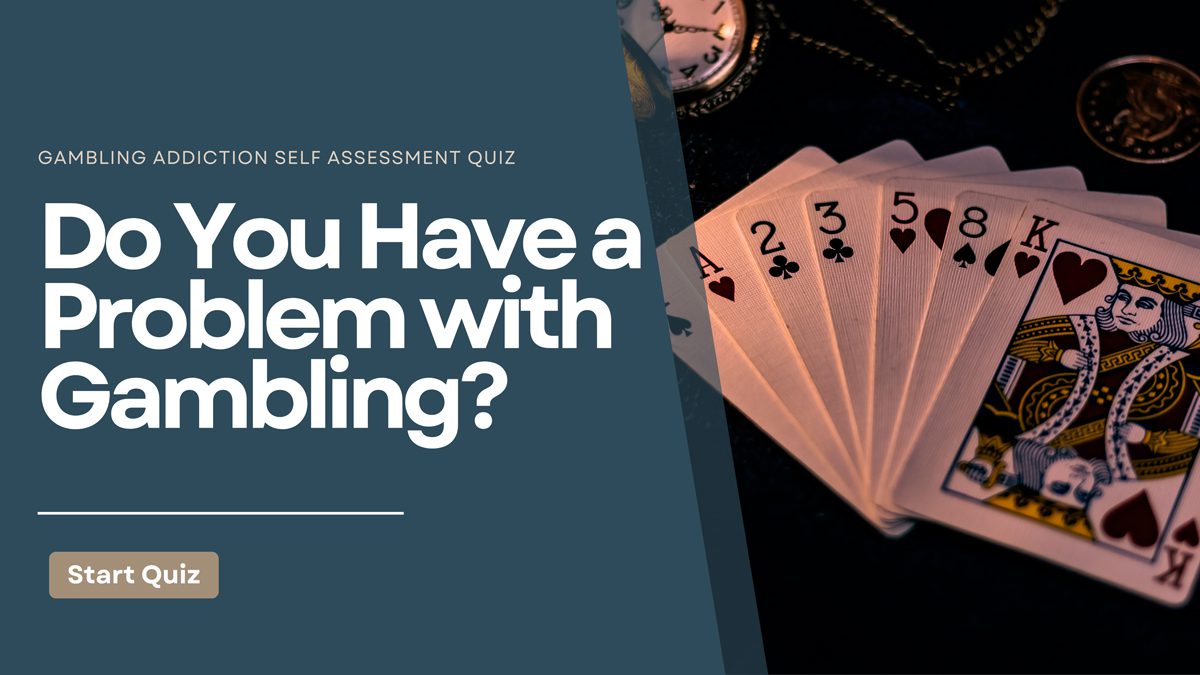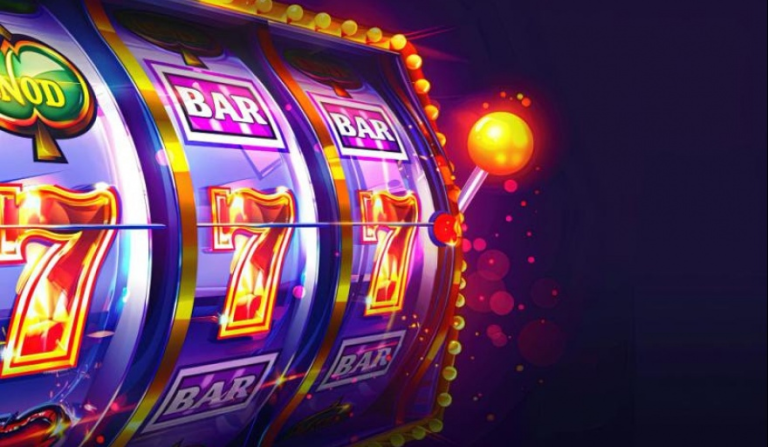Which Gambling Mistake Do You Make Most Often? (Personality Quiz)
Ever notice how different players mess up in completely different ways? Some chase losses like their life depends on it. Others get bored and make stupid bets just for excitement. A few become so obsessed with systems that they forget they’re supposed to be having fun.
After watching hundreds of players (including myself) make expensive mistakes, I’ve identified five distinct gambling personalities. Each type has a signature weakness that costs them money in predictable ways.
Take this quick quiz, then read about your type. You might be surprised by what drives your worst gambling decisions.
Understanding your gambling personality requires platforms where you can observe your behavior patterns. Loki Casino DE operates with over 6,000 slots and extensive live dealer games offering 255% up to €18,000 + 230 free spins welcome package—their diverse game selection from classic 3-reel slots to high-volatility progressives revealed how different personality types gravitate toward specific game features and betting patterns.
The 30-Second Personality Test
Question 1: You’re down $200 in a session. Your first instinct is:
- A) Double your bets to win it back faster
- B) Switch to a “luckier” game or machine
- C) Calculate exactly how many hands you need to break even
- D) Take a break and come back tomorrow
- E) Keep playing the same way—variance will correct itself
Question 2: What bothers you most about gambling?
- A) Losing money you should have won back
- B) Boring stretches with no big hits
- C) Not understanding why you lost
- D) Spending more than you planned
- E) Other players making “wrong” decisions
Question 3: Your ideal gambling session:
- A) High stakes, quick resolution, big swings
- B) Constant action, frequent bonuses, entertaining themes
- C) Predictable patterns, skilled play, long-term profit
- D) Relaxed pace, predetermined budget, social atmosphere
- E) Perfect strategy, optimal play, mathematical satisfaction
Your Gambling Personality (And Biggest Weakness)
Mostly A’s: The Chaser
You hate losing more than you love winning. When you’re down, every fiber of your being screams, “Get it back now.” This drives the most expensive gambling mistake: loss chasing.
Your weakness: You view every loss as a temporary setback that bigger bets can fix.
What helps: Strict stop-losses with physical barriers. Leave cards at home. Bring only cash you can afford to lose. When it’s gone, you’re done—no ATM access, no borrowing, no “just one more try.”
Mostly B’s: The Thrill Seeker
You gamble for excitement, not money. Long stretches without action bore you to death. This leads to terrible game selection and bet sizing just to maintain entertainment levels.
Your weakness: You prioritize entertainment over mathematics.
What helps: Budget for entertainment, not profit. Calculate the cost per hour of fun. High-volatility games with frequent bonus features work better than steady, low-action games. Accept that excitement costs money.
Testing entertainment value without financial risk helps thrill seekers understand their preferences. Platforms offering 15 € no deposit bonus let you experience high-action games and frequent bonus features with house money—discovering which game types maintain your interest without depleting bankroll reveals your true entertainment costs per hour.
Mostly C’s: The Analyst
You love systems, strategies, and “beating” the house through skill. This leads to two expensive mistakes: overconfidence in your abilities and playing games that seem beatable but aren’t.
Your weakness: You mistake complexity for advantage.
What helps: Focus on games where skill actually matters (poker, some video poker variants). Accept that most casino games have unbeatable house edges regardless of your strategy. Track results obsessively—real data beats theories.
Mostly D’s: The Social Player
You’re the healthiest gambling personality, but your weakness is social pressure and environmental influence. You make good decisions alone but terrible ones in groups.
Your weakness: You abandon your good habits in social gambling situations.
What helps: Set boundaries before social gambling. Separate bankroll for group activities. Practice saying “I’m done” without explanation. Don’t feel obligated to match other players’ bet sizes.
Mostly E’s: The Perfectionist
You want to play every game “correctly” and get frustrated by variance and other players’ “mistakes.” This leads to a tilt when reality doesn’t match mathematical expectations.
Your weakness: You expect mathematics to deliver results on your timeline.
What helps: Embrace variance as part of the game. Track long-term results, not individual sessions. Focus on process over outcomes. Remember that “correct” play still loses money over time in negative expectation games.






